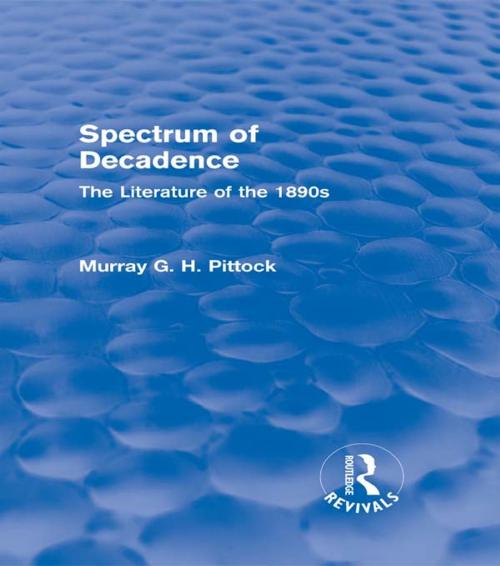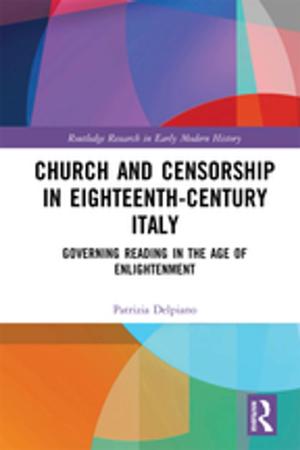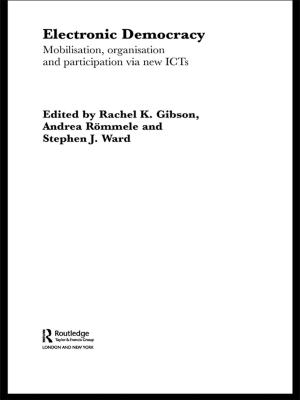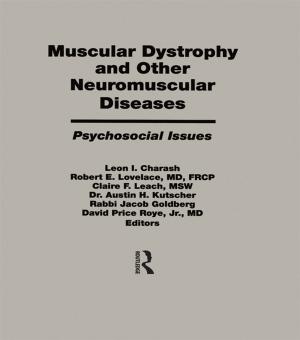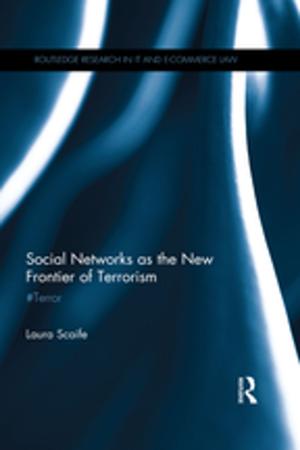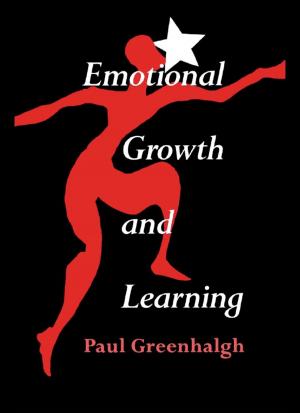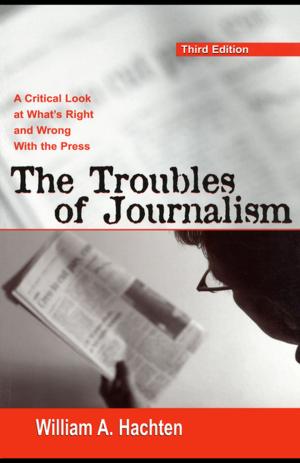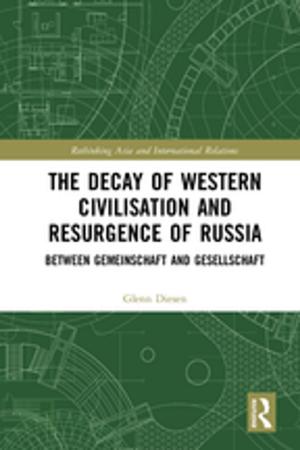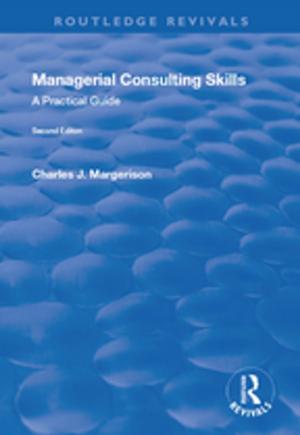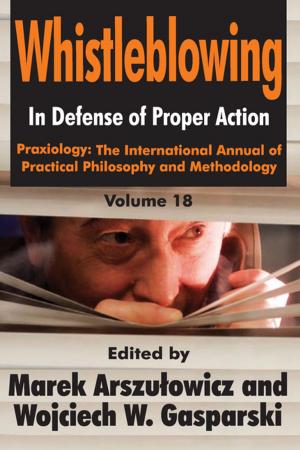Spectrum of Decadence (Routledge Revivals)
The Literature of the 1890s
Fiction & Literature, Literary Theory & Criticism, British| Author: | Murray Pittock | ISBN: | 9781317629528 |
| Publisher: | Taylor and Francis | Publication: | August 1, 2014 |
| Imprint: | Routledge | Language: | English |
| Author: | Murray Pittock |
| ISBN: | 9781317629528 |
| Publisher: | Taylor and Francis |
| Publication: | August 1, 2014 |
| Imprint: | Routledge |
| Language: | English |
The 1890s, the Naughty Nineties, was an exciting and flamboyant time in British life and literature. First published in 1993, this title traces the genesis of the literary culture of the 1890s through some of the popular novels and literary texts of the period. By examining works by such writers as Oscar Wilde, Bram Stoker, W. B. Yeats, and Walter Pater, Murray Pittock analyses the nature of the ‘Decadent era’ and the artistic theories of Symbolism and Aestheticism. Significantly, he provides a full assessment of the lasting impact that the thought of the period has had on our own understanding of our cultural past.
Spectrum of Decadence explores the confrontations between art and science, sex and mortality, desire and virtue, which, the author argues are as much a part of modern society’s fin-de-siécle as they were of the nineteenth century’s. This reissue bridges the gap between literary texts, historical context, and contemporary critical theory.
The 1890s, the Naughty Nineties, was an exciting and flamboyant time in British life and literature. First published in 1993, this title traces the genesis of the literary culture of the 1890s through some of the popular novels and literary texts of the period. By examining works by such writers as Oscar Wilde, Bram Stoker, W. B. Yeats, and Walter Pater, Murray Pittock analyses the nature of the ‘Decadent era’ and the artistic theories of Symbolism and Aestheticism. Significantly, he provides a full assessment of the lasting impact that the thought of the period has had on our own understanding of our cultural past.
Spectrum of Decadence explores the confrontations between art and science, sex and mortality, desire and virtue, which, the author argues are as much a part of modern society’s fin-de-siécle as they were of the nineteenth century’s. This reissue bridges the gap between literary texts, historical context, and contemporary critical theory.
